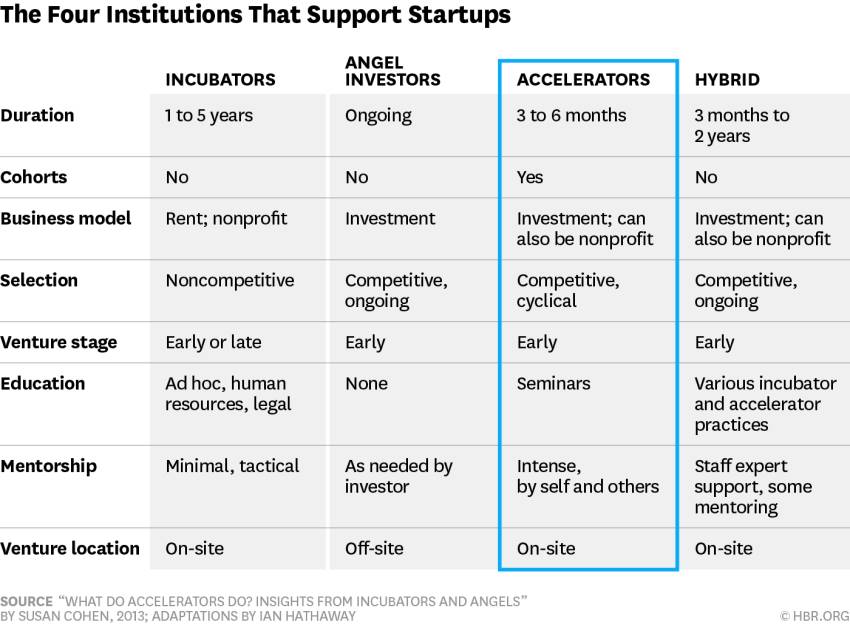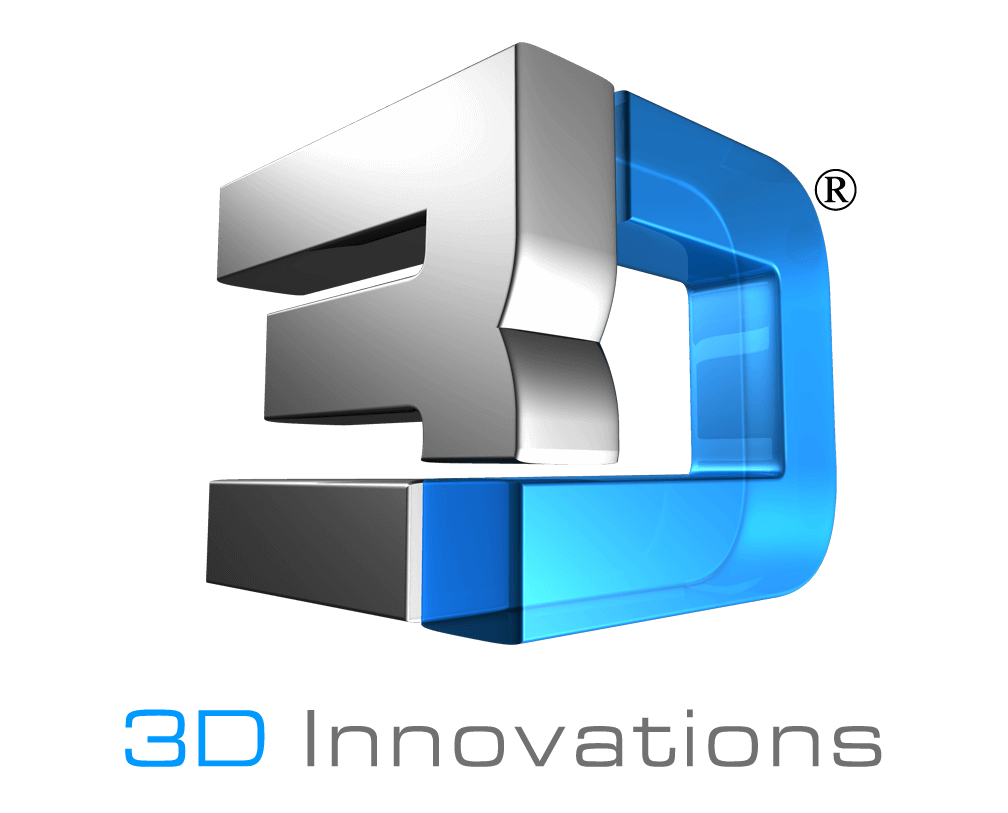Startup accelerators have gained immense popularity and have a proven track record of helping startups launch their business—however, you might be asking yourself, “Does an accelerator make sense for my business?” Below we aim to bring clarity to what an accelerator is and highlight what you can expect from an accelerator program.
What is a startup accelerator?
Definition from Harvard Business Review: Startup accelerators support early-stage, growth-driven companies through education, mentorship, and financing. Startups enter accelerators for a fixed-period of time, and as part of a cohort of companies. The startup accelerator experience is a process of intense, rapid, and immersive education aimed at accelerating the life cycle of young innovative companies, compressing years’ worth of learning-by-doing into just a few months.
There are four distinct factors that make a startup accelerator unique: they are fixed-term, cohort-based, and mentorship-driven, and they culminate in a graduation or “demo day.”

Startup Accelerator Expectations
Startup accelerators are not all created equal. TechStars and Y Combinator were the first two startup accelerators to emerge, and in essence, have set the bar for all other accelerators. In an accelerator program you can expect, at minimum, these four things:
- Rapid rate of development. Since accelerators are for a fixed period of time, business plan development and product development happen at a faster pace than they normally would. The goal is to get your startup off the ground, and to do that you speed through the very early-stage business related activities. With all startups, “time is of the essence”, however in an accelerator this could not be more true.
- Intense learning curve. Expect to be challenged. First-time startup founders can expect to learn a great deal from experts and others in their cohort. Frequent seminars will expand your knowledge base and motivate you to develop and grown your startup idea.
- Mentorship. Many accelerators have mentors available in all areas of business—legal advice, product development advice, and general business advice are just a few examples. Some of the larger accelerators have CEOs and Founders available for their cohorts. With an accelerator you can expect to have the guidance and mentorship needed to get your questions answered.
- Funding. It is important to note that while some accelerators provide funding, not all do. If funding is a motivating factor for you to join an accelerator, seek one out that provides seed funding or early-stage financing. Most accelerators do either give you access to venture capitalists to pitch your startup and/or help you refine your “ask” and develop your pitch deck.
“Accelerators are playing an increasing role in startup communities throughout the United States and beyond. Early evidence demonstrates the significant potential of accelerators to improve startups’ outcomes, and for these benefits to spill over into the broader startup community.” (Harvard Business Review)
Have additional questions about startup accelerators or product development? Send them our way, info@3d-innovations.com
*Cited: What Startup Accelerators Really Do (Harvard Business Review)
_______
3D Innovations is a Product Development Company – from the 3D Design to a fully functional 3D Prototype & Product.
Subscribe to the 3D Innovations newsletter on our Facebook page!

